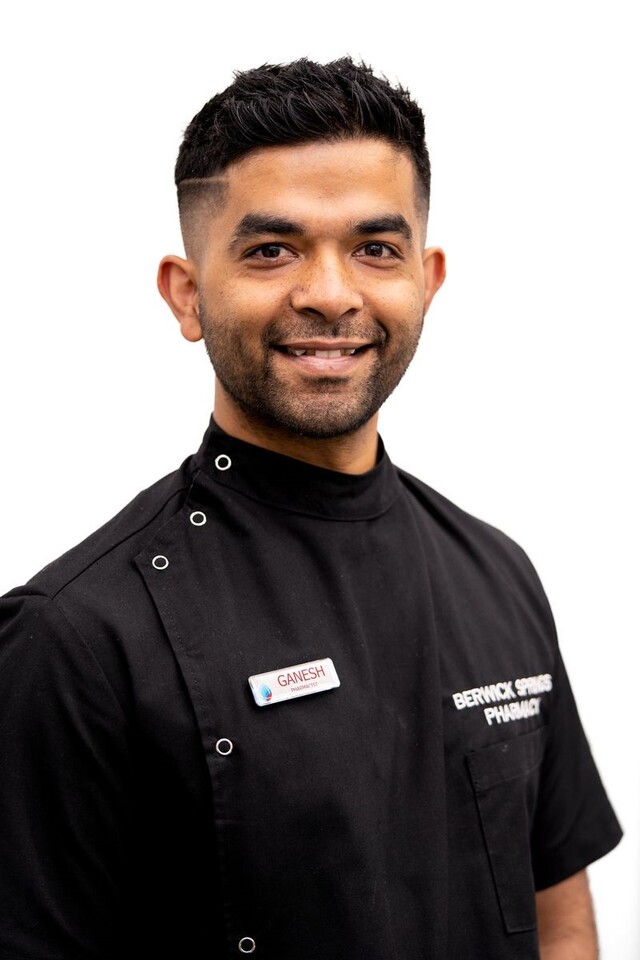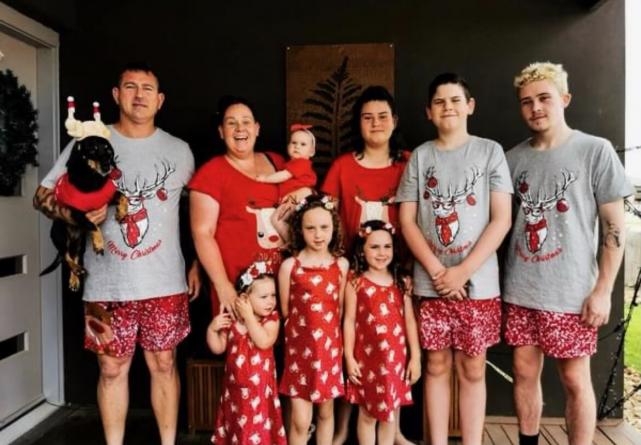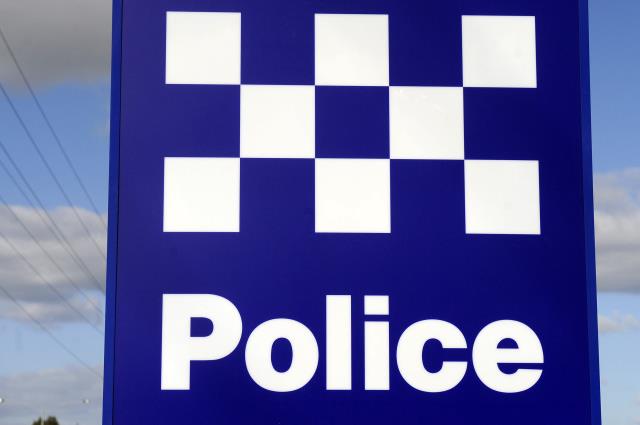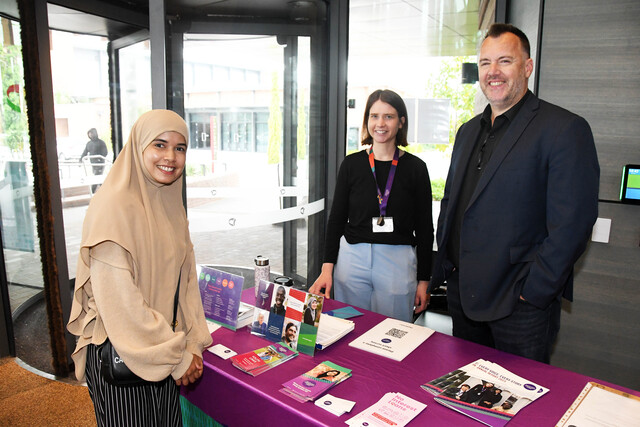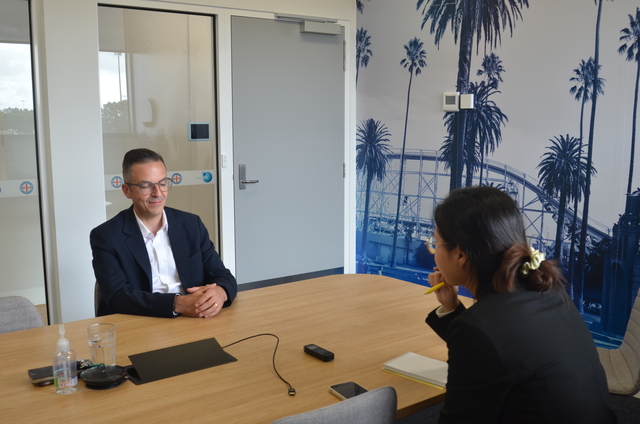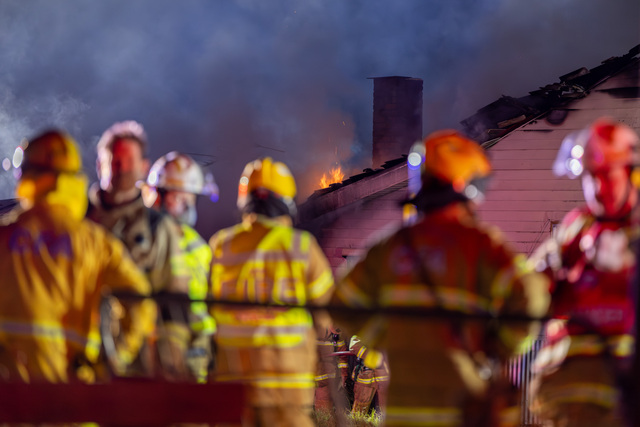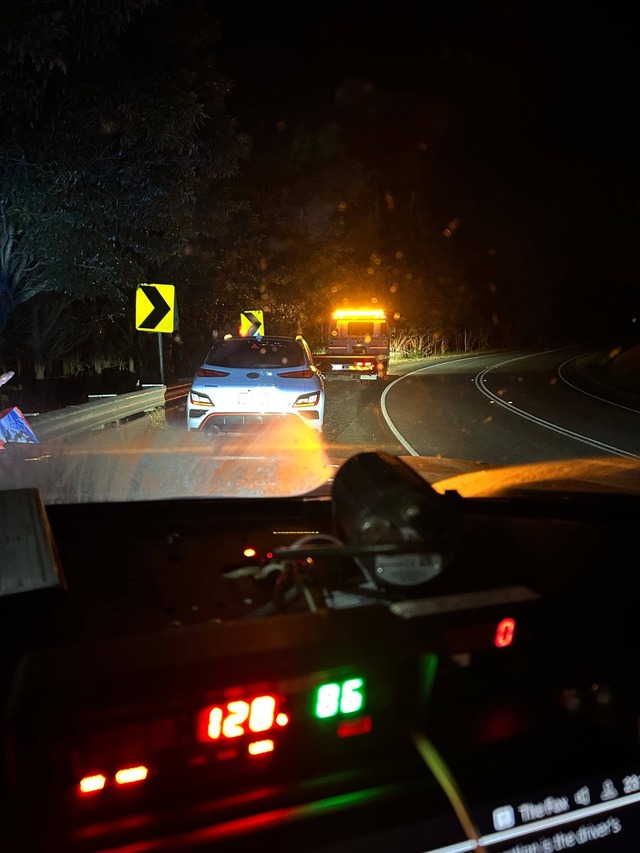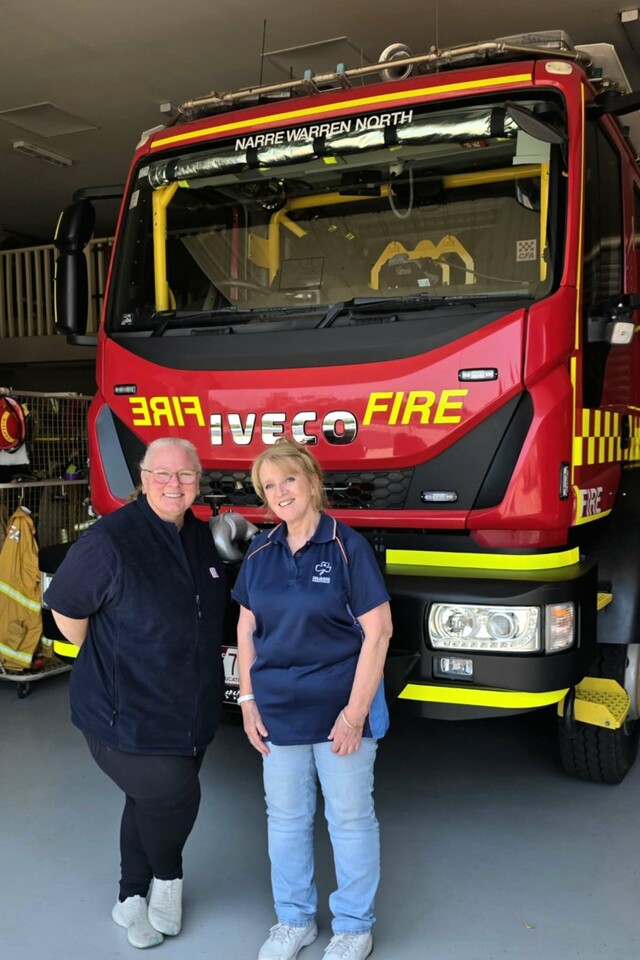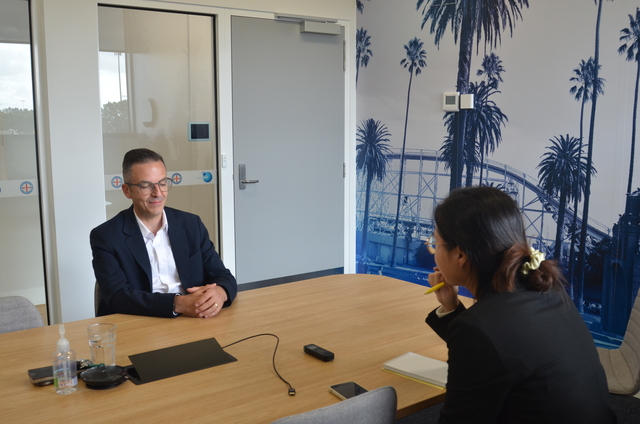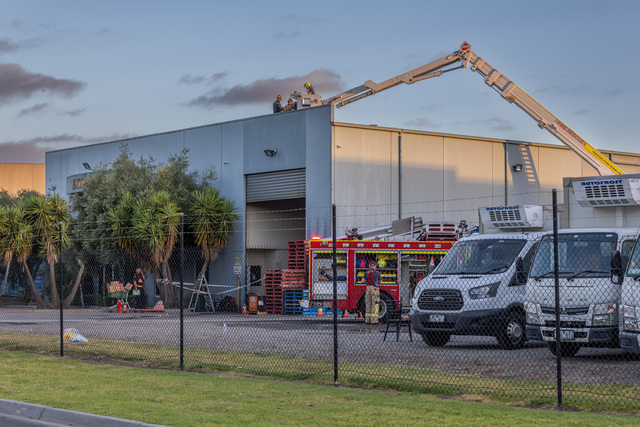Pharmacists have criticised the new vape reforms introduced this month, agreeing that while they may be the best equipped to provide vapes for therapeutic services, more should have been done in preparation.
The new regulations have seen the domestic manufacture, commercial possession and sale of non-therapeutic and disposable vapes banned from 1 July.
Ganesh Tumkur, pharmacist and owner of Berwick Springs Pharmacy said that if any profession were qualified to take on the role, pharmacists were the best equipped for the occasion.
“We tend to deal more with smoking cessation more than anybody else in the community, so I don’t have an issue with it,” Mr Tumkur said.
Beginning 1 October, only pharmaceutical supply chains are permitted to distribute and supply vapes with a concentration of 20mg/ml or less to patients 18 years or over without a prescription as long as pharmacists deem it clinically appropriate.
While Mr Tumkur agreed that pharmacists aren’t appropriately reimbursed when it comes to bearing the responsibility of sale and counsel concerning the purchase of vapes, he also added that the duty of “the pharmacy is to ethically and medically supply a vape to a patient”.
However, a fine line needs to be established to ensure that pharmacies retain their status as medical providers for smoking cessation devices and or methods, and do not fall under the label of an alternative vape provider.
“The Therapeutic Goods Administration (TGA) needs to work with vape manufacturers to develop products that are considered smoking cessation aids,” Mr Tumkur said.
Currently, vapes aren’t considered smoking cessation aids for a number of reasons, one with the missing approval from the TGA, and the lack of solid research that suggests vaping helps with smoking addiction.
Founder of Drug Education Australia Sharon Torpey said that “we don’t want young people vaping at all whether it’s regulated or not, inhaling anything other than oxygen is not ideal”.
“Some people are justifying vaping for getting off smoking addictions but there’s no research anywhere that vaping is an effective way to do that,” she said.
Pharmacy owner of Direct Chemist Outlet in Hampton Park Central, Mina, agreed that pharmacists were the most appropriate persons to provide vapes; however more action and awareness should have been provided prior to the regulation’s passing.
“The comparisons we were made aware of were the differences between the vapes the pharmacy sells and the vapes they buy off the streets.
“We know it’s safer, but is it safe long term or not? We haven’t been advised on that.
“We don’t want to be in a situation where we are selling products causing more health issues to consumers without being confident that it’s the right thing to do,” he said.
An additional course on vapes where more detail is involved would be beneficial, according to Mina, where certain pharmacists if not all, would be more qualified to provide information considering that the everyday person doesn’t “understand everything”.
According to the Australian Institute of Health and Welfare, while tobacco use had reduced among people aged 18-24, e-cigarette use has risen; with a 1.6 per cent of the total population figure in 2019, compared to a 9.3 per cent figure between 2022-23.
A clearer set of guidelines would benefit not just the pharmacies, but those seeking therapeutic devices as well with Mina saying “some people even think it’s subsidised now”.
“They come asking, are the government giving away vapes now? Some people are confused.
“For example, we don’t know what’s going to be in the market, we don’t know how it’s going to work.
“So many questions there before making it official that should have been answered first, we haven’t been given enough resources or information to agree or disagree,” he said.
Mr Tumkur added that if the TGA can effectively collaborate with manufacturers, then they can be considered a medical product.
“If that happens, and in conjunction with that, if the government can provide some additional resources and funding to pharmacies to be able to supply these in a proper way to patients… then that is an appropriate way to go forward.”
This proposition by Mr Tumkur includes additional information on medical vapes to patients, proper counselling, detailed instructions and the ability for pharmacies and pharmacists to follow up on patients on their process.
“If we just become essentially a vape shop moving forward, I don’t think that’s really an appropriate thing for a healthcare provider like a pharmacy to be.
“I think there’s a part to play from the government and the TGA in assisting pharmacies and pharmacists to treat vape supply as a medication rather than just you know, have a vape, see you later kind of thing,” he said.
In a previous Star article, Associate Professor Michelle Jongenelis from the Melbourne School of Psychological Sciences said that the reforms are “definitely a win” for public health.
“It’s a huge step forward in public health safety, we didn’t get the controlled access we were hoping for but it’s better than anything else beforehand and better than stores opening near high school selling e-cigarettes,” she said.
For Mina a crucial factor are mandates around monitoring and the frequency of use.
“There’s no way to completely guarantee if the customer is going to come back to you or if they were just someone passing by, it’s hard without proper regulations,” he said.
Looking ahead, Mr Tumkur believes that a long-term goal of collaboration between manufacturers, the government and the TGA is the best course of action to develop a proper smoking cessation device, alongside “stringent rules” and targets to avoid making another recreational tool.

